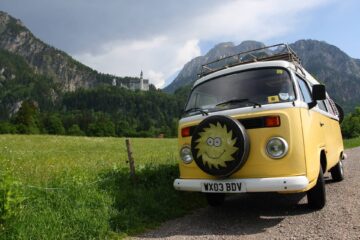Global warming, climate change, carbon emissions all seem to be the buzzwords of our century. The deteriorating quality of air of cities around the world, erratic climate and weather patterns, drying water bodies, increasing heat all are the red flags of an impending disaster which we as living inhabitants of this planet can ill-afford to ignore.
The greatest threat to our planet is the belief that someone else will save it, said Robert Swan, the first person to walk both North and South Poles
Hence we as a conscious community of travellers can and should contribute our little bit towards saving the only planet we know where life exists. We can all start small and build our way up from that first step.

Here we have compiled some useful tips that would come in handy to reduce your carbon footprint while travelling. Your destination doesn’t matter, you can make your journey a little greener. Enjoy! Happy Travels!
Consider bus or train travel instead of flights
While for international travel and journey over long distances, flying is indispensable, you can consider train or bus travel for regional or intra country travels.
One study by researchers shows that travel by bus, especially running on renewable energy translates into 55-75% less emission as compared to flying.
For train options, you can use Amtrak to reduce your carbon footprint by offsetting your rail travel. Airlines as Delta and United make sustainable green travel possible by their carbon offset program.

Also by 2021, airlines that fly internationally will have to offset any extra emissions under a UN agreement called the Carbon Offsetting and Reduction Scheme for International Aviation agreed on in 2018 in Montreal, Canada.
Be aware of your carbon footprint statistics
Measure your climate footprints with the free calculators available online, try reducing the footprint as much as you can.
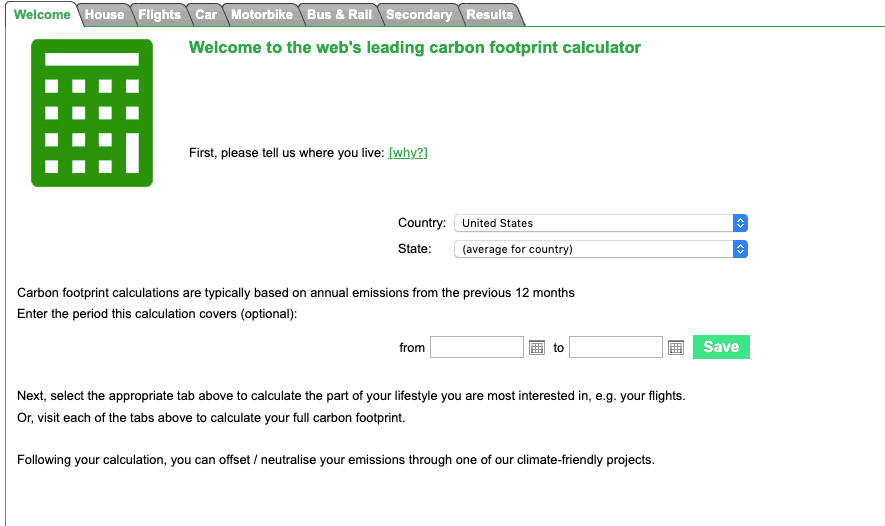
Alternatively, offset the rest you cannot avoid by supporting worthy projects that reduce emissions somewhere else.
Make extensive use of public transportation, bicycles, and electric motorbikes while exploring the place
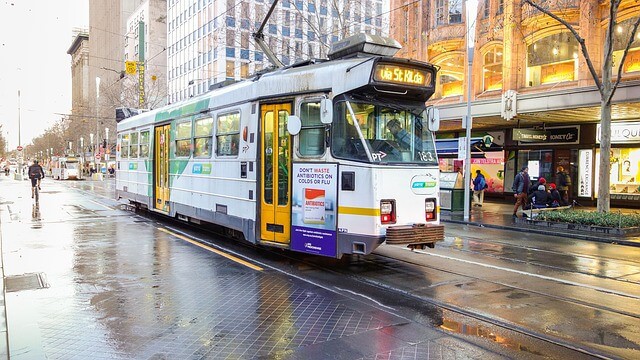
These options are not only eco-friendly but they provide you with rich travel experience as well as you get to observe the local ways, people more closely. Just do some beforehand research on the public transit options to your destination place before you arrive and you are good to go.
Bicycle and bike culture is very big in the Nordic/Scandinavian countries as Denmark, Netherlands, Norway, etc. So make use of it while exploring the places.
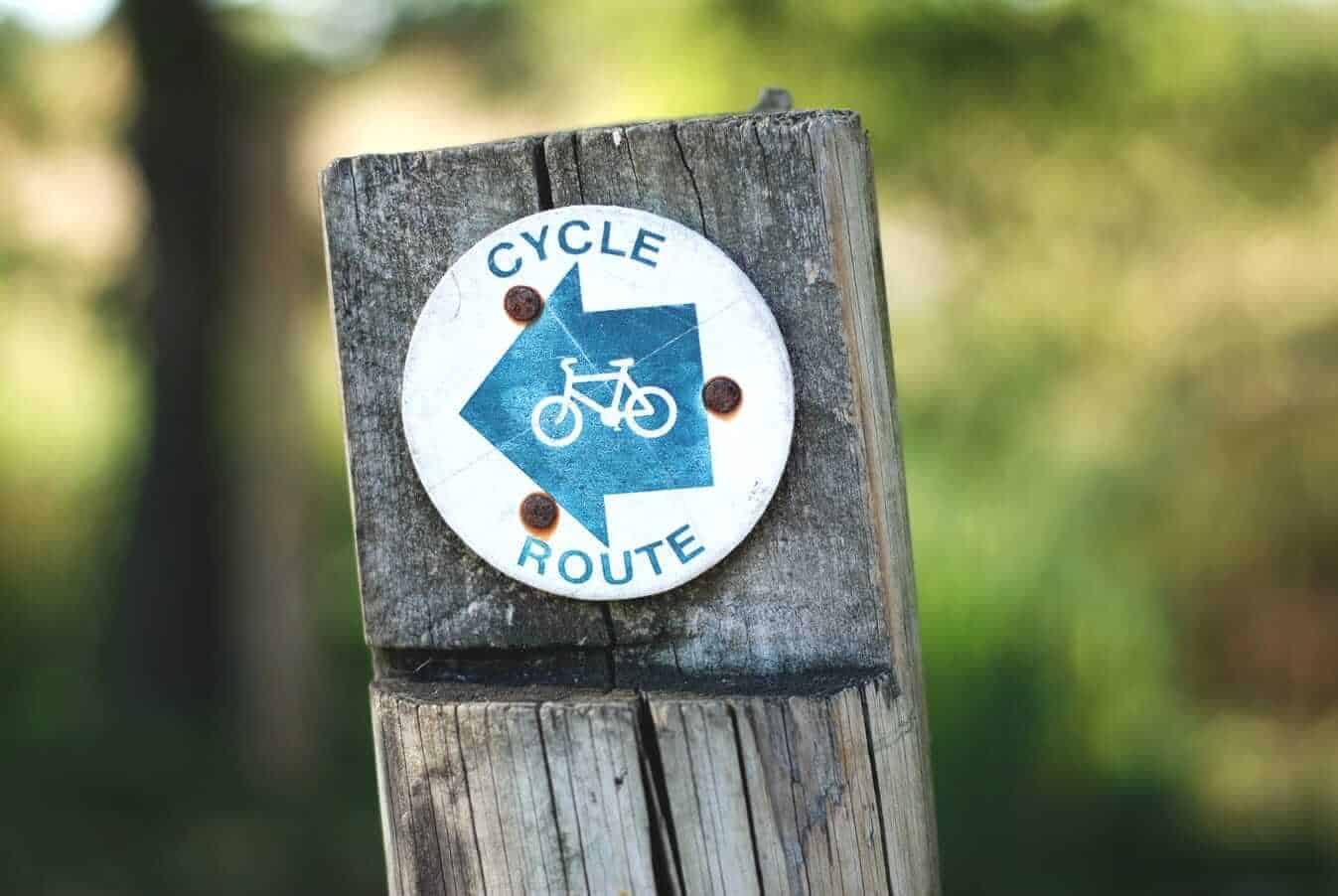
Try carpooling or ride sharing options for eco-friendly less carbon print travel.
Making efficient use of the 4R’s even while travelling
Refuse: Opt for reusables whenever possible (as reusable bottles or bottles with a built-in filter, travel mug for tea or coffee on the go). Avoid single-use plastics and other such products.
Reduce: Downsize what your purchases or at least be mindful of what you’ll really need or cherish.
Reuse: Carry cloth bags/reusable produce bags and totes to store the bought items. Lots of disposable items take gallons of water to make. Reusables go a long way in conserving the health of our planet. So make little changes to opt for these whenever possible.
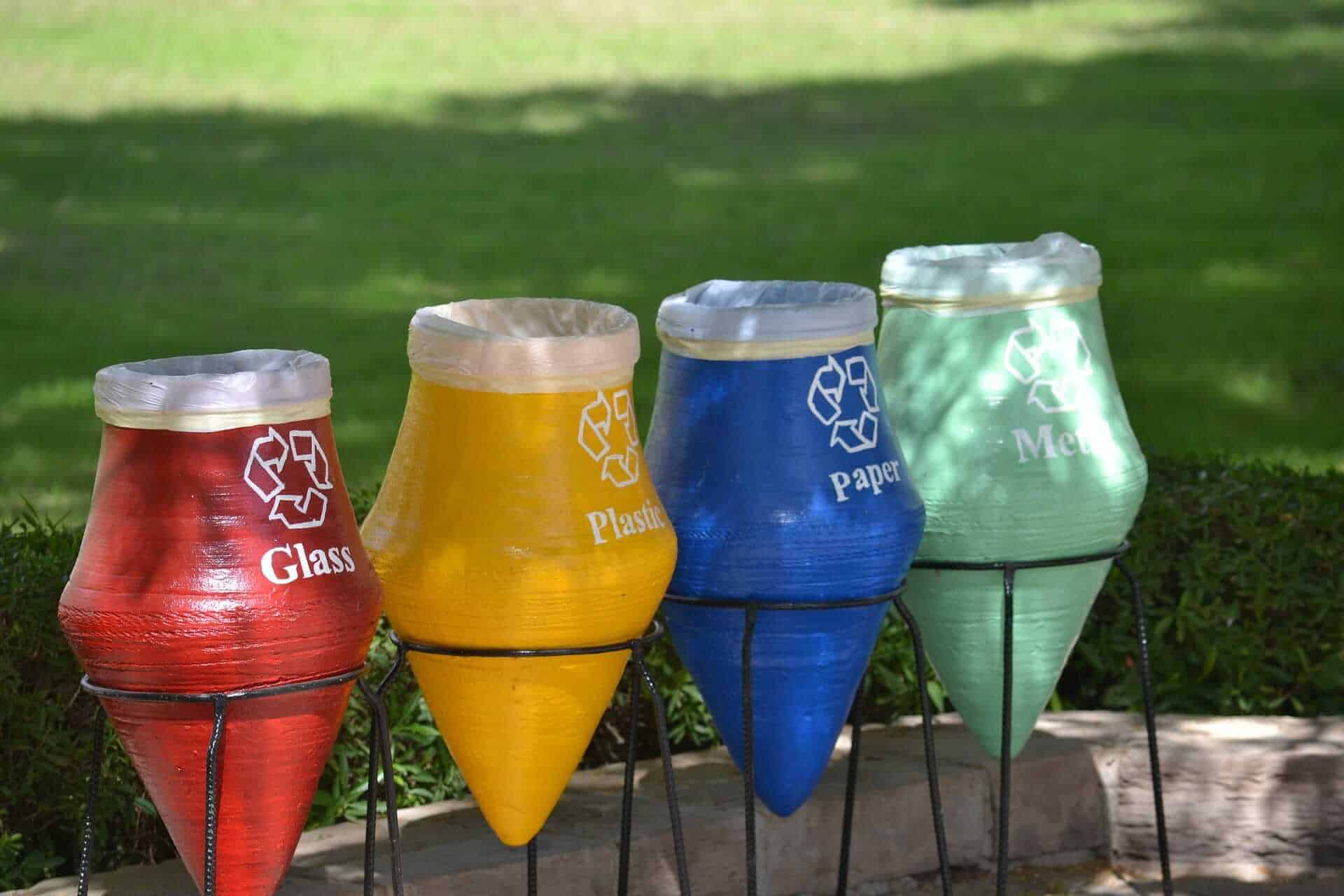
Recycle: Even while travelling to new places, familiarize yourself with recycling processes and different types of waste bins. Some areas separate recycling for paper products, plastic, and cans, and many also have public compost bins. Research beforehand and be updated.
Eat locally
Not only does it make for an enriching, authentic local culture experience of the place you are visiting but also translates into a reduction in emissions that would be used to transport your produce and other perishables.
Try opting for options lower on the food chain- as fresh green local produce or local specialty vegetarian dishes. Locavore app can be of great help here.
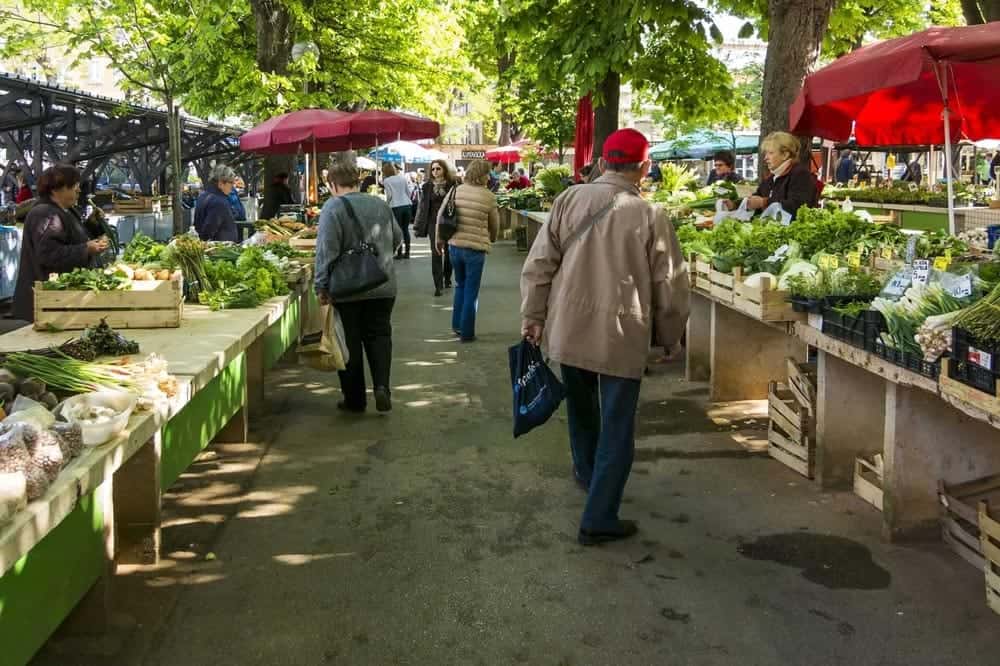
Meat (beef, lamb, etc) are a significant source of greenhouse gases in the atmosphere. Simply cutting red meat out of your diet can reduce your footprint from eating by as much as 50%. So the idea of a Meatless Monday while on vacation won’t hurt.
Book environmental friendly accommodation options
With a bit of research, you can easily find hotels in your destination city that have eco-criteria listed as benefits. Opt for low carbon impact accommodations, as using renewables/solar for energy requirements, using energy saving/green appliances, showers over baths, sourcing local organic produce, etc.
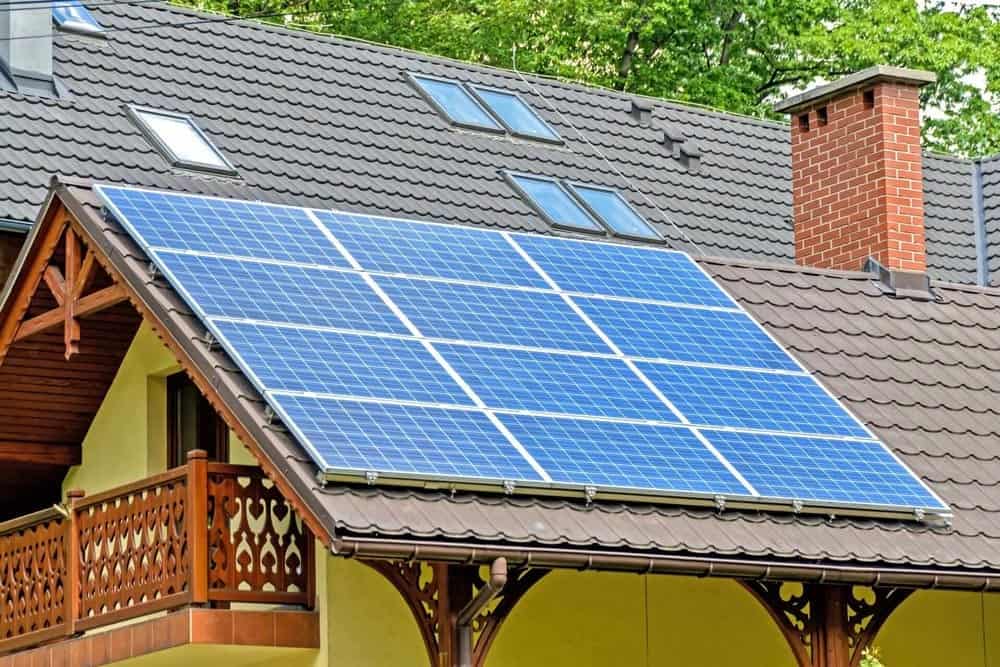
Try Glooby for help regarding this.
Ecotourism
Defined simply it is an environmentally responsible trip. Small conscious decisions while being mindful of your activities on travelling can go a long way to ensure its sustainability.

Ecotourism emphasizes conservation, education, traveller responsibility and active community participation to explore our beautiful world without stressing its resources. Technologically there are a number of resources available today to help you achieve this goal.
Travel lightly as far as possible
Your carbon footprint is heavier with heavier luggage since airplanes’ fuel consumption is greater to fly greater loads. It thus makes sense to take only what you would require as-per-need clothing, travel size toiletries bottles that you can refill and always reuse.
Make sustainable use of hotel resources
Reuse your towel at the hotel, laundry accounts for 16% of an average hotel’s water usage, according to the Environmental Protection Agency.
Cut down on the laundry load, save water and other resources. Turn off the lights you aren’t using, like you would at home. Keep the thermostat at a reasonable temperature.
You can reduce water waste by making sensible and only as-needed use of hotel resources (take shorter showers, turn off the tap while brushing as you lather up, don’t flush things down the toilet to dispose of them, one flush can waste up to 5 or 7 gallons of water).

Always be mindful and alert of the resources while using them. Small changes go a long way.
Sign up for walking tours, bike tours, or bus tours
These considerably reduce your harmful ecological impact and could prove to be a fun way of exploring the place.
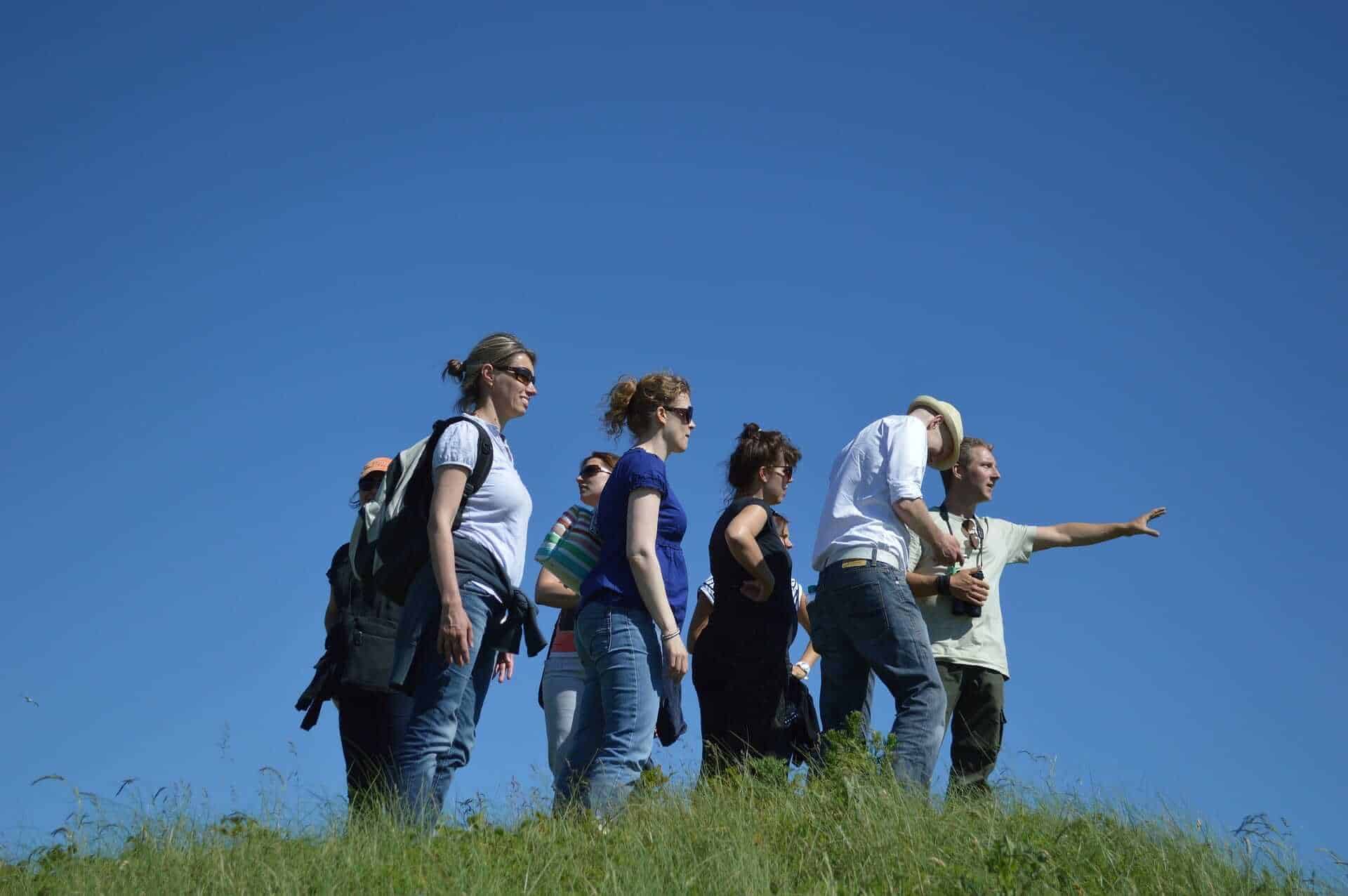
As travel continues to grow, mindful consciousness regarding the sustainable way of exploring the world also needs to keep apace for a better, enriching and healthy nurture of the wanderlust. Hence every small change has the potential to make a big impact.





